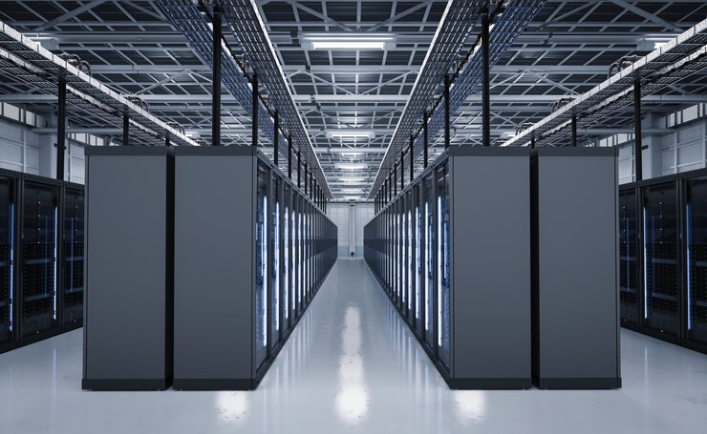In an era where data is the new currency and the lifeblood of modern enterprises, having a robust storage solution isn't just an option — it's a necessity. This is where Network-Attached Storage (NAS) emerges as a critical component for businesses of all sizes. But what exactly is NAS, and why should it be a top priority in your business toolkit? In this blog post, we'll delve into the many reasons why NAS solutions have become indispensable for modern businesses, and how they can significantly improve your data management strategy.
Understanding Network-Attached Storage (NAS)
Network-Attached Storage (NAS) is a storage solution that connects to a network, allowing storage and retrieval of data from a centralized location for authorized network users and heterogeneous clients. Unlike traditional storage devices that are directly connected to a system, network attached storage is a specialized storage system designed to store, share, and protect files.
NAS devices are fast becoming the go-to storage solution for a variety of businesses due to their scalability, ease of use, and robust feature set. Let's explore the core benefits that NAS can bring to your business operations.
Benefits of NAS for Businesses
Data Centralization and Accessibility
Where traditional storage methods might have data spread across multiple devices or siloed in specific machines, NAS allows businesses to centralize their data into a single storage entity, accessible to all authorized users on the network.
Scalability and Flexibility
The ability to scale storage capacity on demand is a critical feature of NAS solutions. Modern businesses need not worry about outgrowing their storage space, as NAS devices can be easily expanded by adding more drives or connecting to additional NAS systems without interrupting business operations.
Data Security and Backup
Data security is a top concern for any business, and NAS takes this very seriously. NAS systems come with a range of security features such as user authentication, access controls, and even built-in encryption to protect sensitive business data.
Moreover, with advanced backup features and support for automated backups, NAS ensures that critical business data is always backed up and can be easily restored in the event of data corruption, hardware failure, or other unexpected incidents.
Cost-Efficiency and ROI
NAS is not only a secure and scalable storage solution but also a cost-effective one. By centralizing data storage, businesses can save on individual storage devices and the associated management costs. In addition, the ability to scale NAS systems incrementally means that businesses can manage their storage spending more effectively, giving them a high return on investment.
Key Features to Consider in NAS Solutions
When selecting a NAS solution for your business, certain features should be at the top of your list to ensure you're getting the most out of your investment.
Storage Capacity and Scalability
Most NAS devices are sold with a specific amount of storage capacity, but it's crucial to consider a vendor that offers a clear upgrade path as your storage needs evolve. Look for systems that support additional hard drives or systems that can be clustered together to create a larger, more robust storage pool.
RAID Configurations
Redundant Array of Independent Disks (RAID) is an essential feature in NAS for both data protection and performance. RAID configurations allow for data to be spread across multiple disks, providing fault tolerance in case of a drive failure. It's important to select a NAS with RAID options that suit your data protection and performance requirements.
Data Protection and Encryption
Security features are paramount in protecting sensitive business data. Look for NAS systems that offer encryption at rest and in transit, access controls, and support for secure file transfer protocols to ensure that your data is secure both within the NAS and during transfer.
Connectivity Options
The connectivity of your NAS system is also a crucial consideration. You'll need to determine how your NAS will be integrated into your existing network. Most NAS solutions offer a range of connectivity options, including Ethernet, Wi-Fi, and even support for fiber channel connections for high-performance applications.
Conclusion
Network-Attached Storage (NAS) clearly has a pivotal role in the digital backbone of businesses today. As we continue to witness an explosion in data creation and consumption, thoughtful data management supported by a NAS solution can be the difference between a streamlined, secured, and scalable operation and one fraught with inefficiencies and risks.
Whether you're a startup looking to future-proof your storage strategy or an established enterprise seeking to enhance your data infrastructure, consider integrating NAS into your IT environment. With its array of benefits, NAS can empower your business with a secure, efficient, and growth-ready storage platform. Make the leap to NAS, and watch as your data management capabilities transform.
